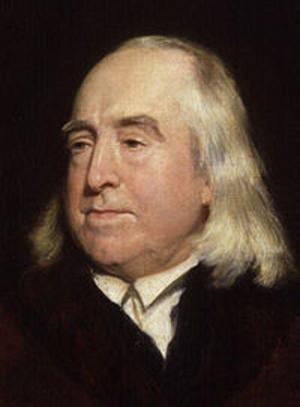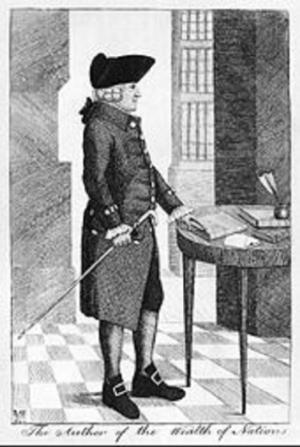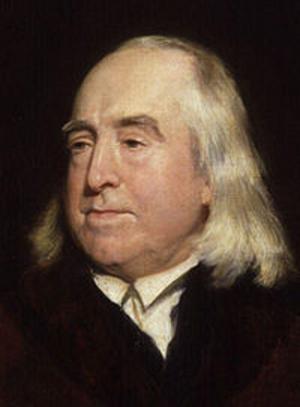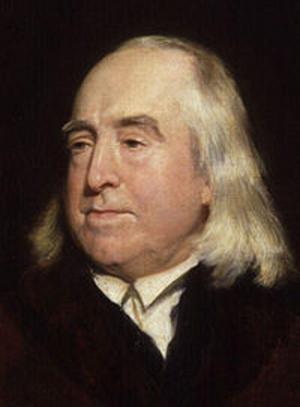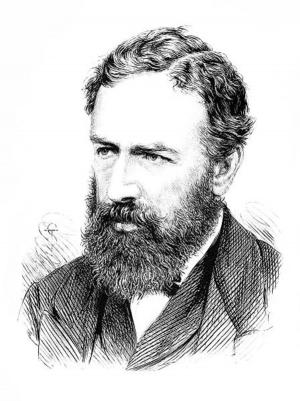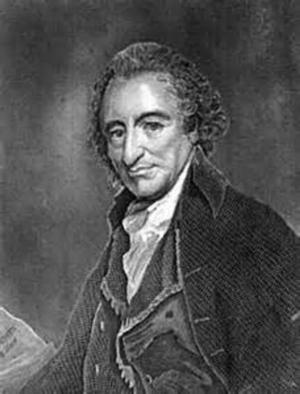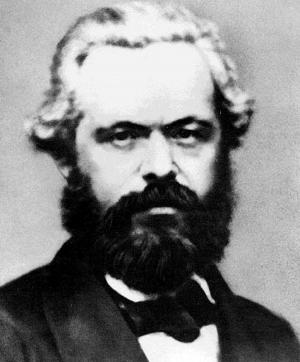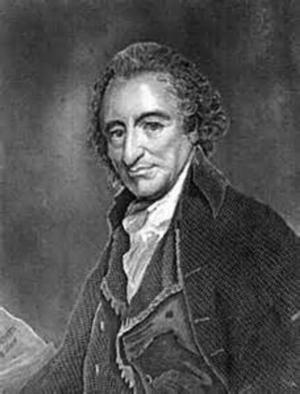Official Aptitude Maximized (Illustrated)
Business & Finance, Economics, Macroeconomics, Theory of Economics| Author: | Jeremy Bentham, Timeless Books: Editor | ISBN: | 1230000468176 |
| Publisher: | www.WealthOfNation.com | Publication: | June 4, 2015 |
| Imprint: | Language: | English |
| Author: | Jeremy Bentham, Timeless Books: Editor |
| ISBN: | 1230000468176 |
| Publisher: | www.WealthOfNation.com |
| Publication: | June 4, 2015 |
| Imprint: | |
| Language: | English |
The book has an active table of contents for easy access to each chapter.
Jeremy Bentham was a British philosopher, jurist, social reformer and the founder of modern utilitarianism. He is in the row with the greatest thinkers Adam Smith, John Stuart Mill, John Keynes, John Locke, and Alfred Marshall. Their thoughts had strong influence on building the foundation of the United States and its endeavor of open society.
Jeremy Bentham invented the axiom of the greatest happiness of the greatest number. His writings emphasised the pursuit of happiness and freedom and became popular in the new republics of America and the other counties.
Jeremy Bentham published the most essays in Official Aptitude Maximized; Expense Minimized in 1810. He discussed the means of achieving efficient and economical government and covered a wide range of themes in the fields of constitutional law, public finance, and legal reform. He touched the problem of official corruption at the centre of his analysis and give his own recommendations for good administration. Jeremy Bentham saw the severe deficiencies in English law practice. In the book, he stood up to direct against the principles and policies of four leading statesmen: Edmund Burke, George Rose, Robert Peel, and Lord Chancellor Eldon. He addressed the concern about the abuses sanctioned by the judges and their officials in the Westminster Hall courts and further argued the denial of justice to the majority of the population.
Jeremy Bentham’s work produced great influence on utilitarianism, philosophy, jurist, and economics. His view became widely recognised as the foremost philosophical voice of political radicalism and his influence has been felt in nearly every field of the humanities and social sciences.
This book is one of the most important ones about English law practice by Jeremy Bentham, one of the greatest thinkers of modern economics and philosophy on the planet.
The book has an active table of contents for easy access to each chapter.
Jeremy Bentham was a British philosopher, jurist, social reformer and the founder of modern utilitarianism. He is in the row with the greatest thinkers Adam Smith, John Stuart Mill, John Keynes, John Locke, and Alfred Marshall. Their thoughts had strong influence on building the foundation of the United States and its endeavor of open society.
Jeremy Bentham invented the axiom of the greatest happiness of the greatest number. His writings emphasised the pursuit of happiness and freedom and became popular in the new republics of America and the other counties.
Jeremy Bentham published the most essays in Official Aptitude Maximized; Expense Minimized in 1810. He discussed the means of achieving efficient and economical government and covered a wide range of themes in the fields of constitutional law, public finance, and legal reform. He touched the problem of official corruption at the centre of his analysis and give his own recommendations for good administration. Jeremy Bentham saw the severe deficiencies in English law practice. In the book, he stood up to direct against the principles and policies of four leading statesmen: Edmund Burke, George Rose, Robert Peel, and Lord Chancellor Eldon. He addressed the concern about the abuses sanctioned by the judges and their officials in the Westminster Hall courts and further argued the denial of justice to the majority of the population.
Jeremy Bentham’s work produced great influence on utilitarianism, philosophy, jurist, and economics. His view became widely recognised as the foremost philosophical voice of political radicalism and his influence has been felt in nearly every field of the humanities and social sciences.
This book is one of the most important ones about English law practice by Jeremy Bentham, one of the greatest thinkers of modern economics and philosophy on the planet.


